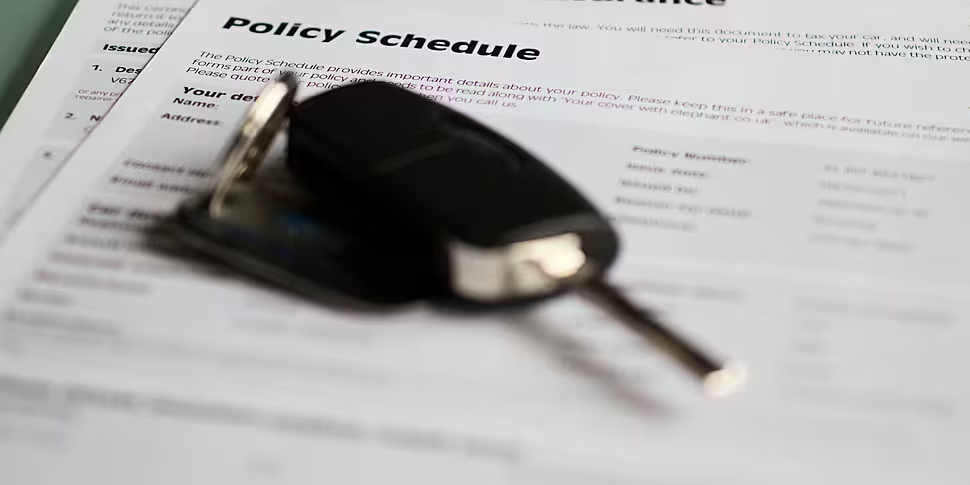Insurance premiums remain high because more people are rejecting Personal Injury Assessment Board settlements and taking cases to court.
Insurance Ireland is warning that the number of people accepting PIAB settlements has fallen by 13% since the new judicial guidelines were introduced.
The average award handed down by PIAB dropped by 42% after the new guidelines were introduced last year; however, insurance companies have faced criticism for failing to reduce their premiums in line with the falling costs.
At the same time however, the acceptance rate for PIAB awards fell from 51% in 2020 to 37% last year – largely because claimants decided to take their cases to court in the hope of a better outcome.
On Newstalk Breakfast this morning, Insurance Ireland CEO Moyagh Murdock said the rising number of rejections is affecting insurance premiums.
“Insurers and Insurance Ireland are increasingly concerned about the growing number of cases that are being rejected in PIAB and then going on to litigation in court,” she said.
“For every case that goes from PIAB to court, that is going to cost an additional, on average, €21,000.
“Legal costs in PIAB are just under €1,000 but in court, we see from the Central Bank’s reporting last year that, on average, it is €22,000. That, undeniably, is going to have an impact on the cost of insurance.”
Ms Murdock said Insurance Ireland wants to assure the public that the PIAB process is “fair and transparent” and largely offers the same outcome as a court hearing.
“We see that the compensation coming out in court sometimes is less than you would get in PIAB,” she said.
“We want the public to be assured the PIAB will treat their case fairly, they will be heard much quicker and they will be compensated for any inconvenience and injury they have suffered.
“Bringing it to court is just going to cost the insurers a significant additional amount of money and unfortunately, that has to be absorbed into the cost of insurance and unfortunately, policy holders ultimately will have to pick that up in their premiums.”









